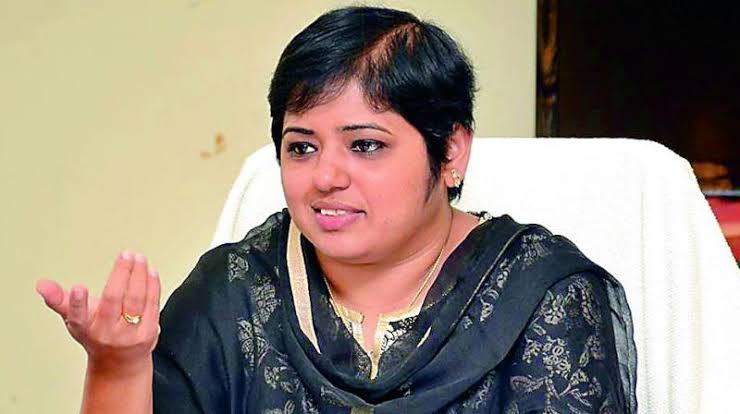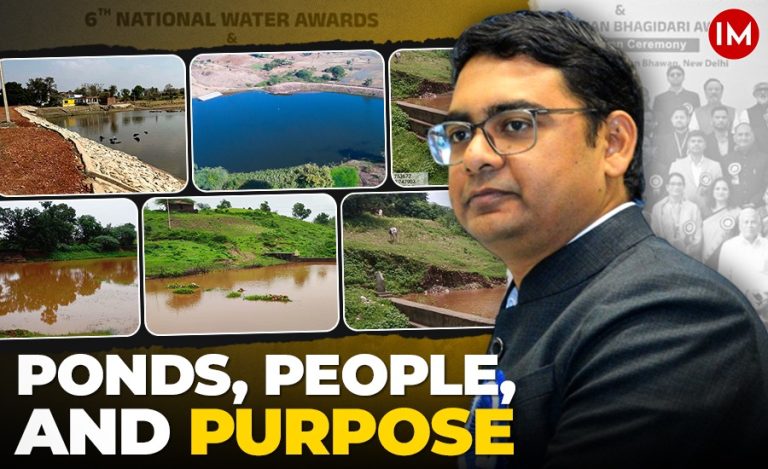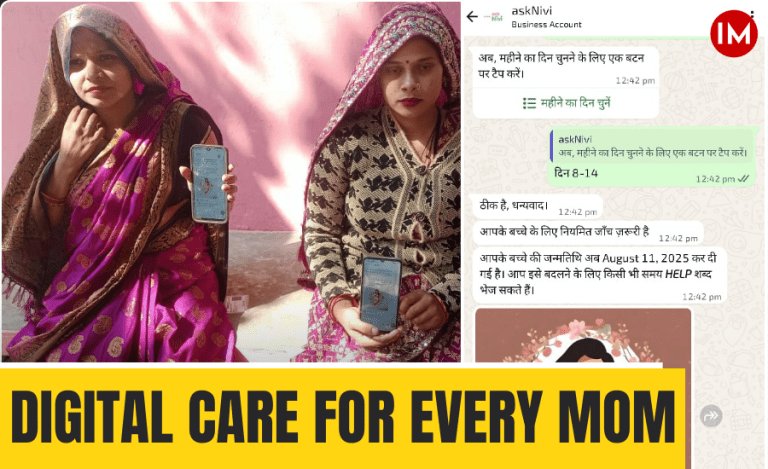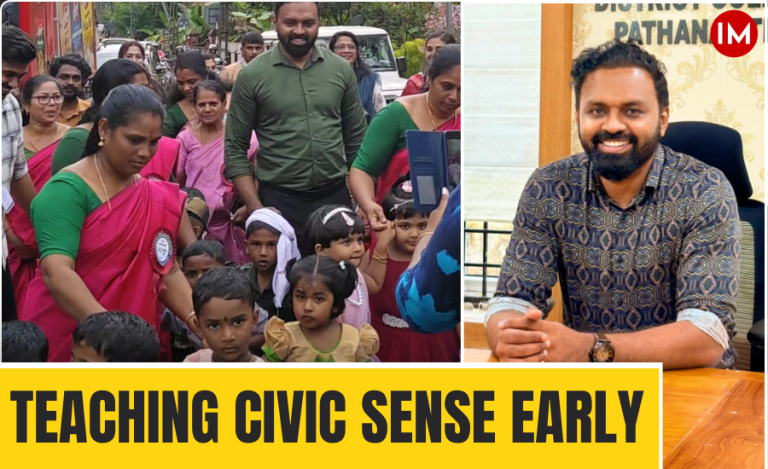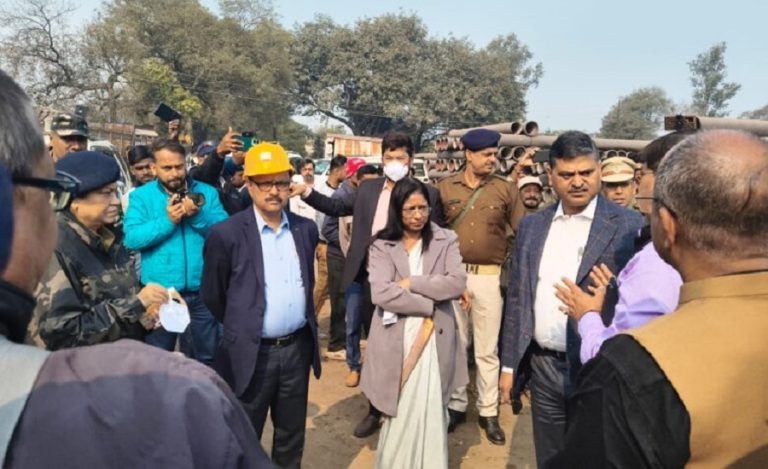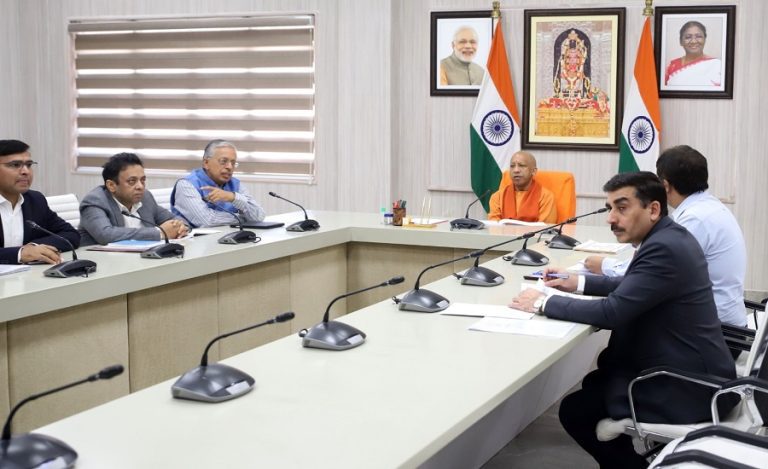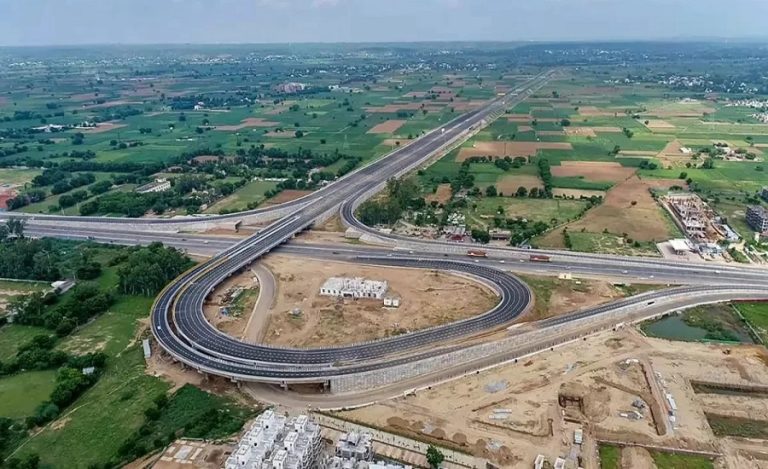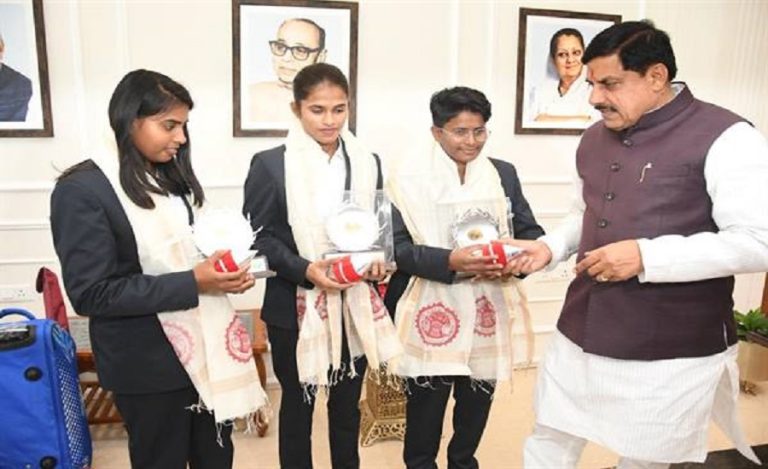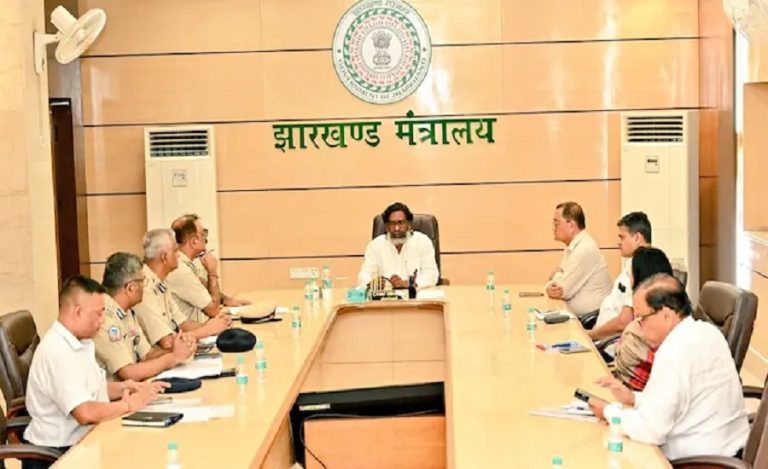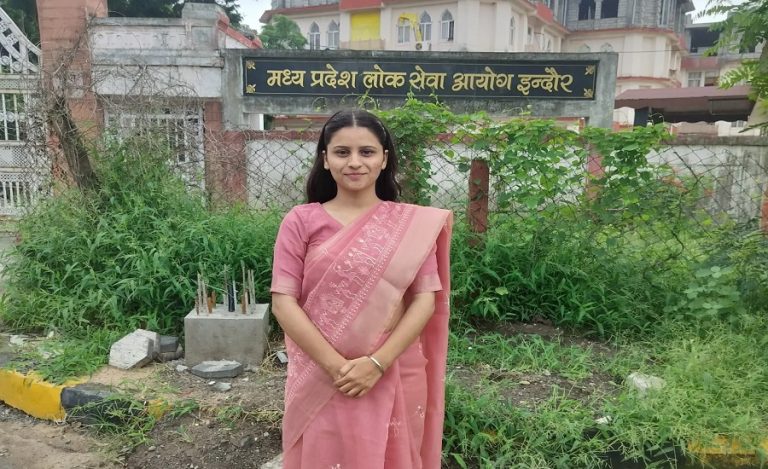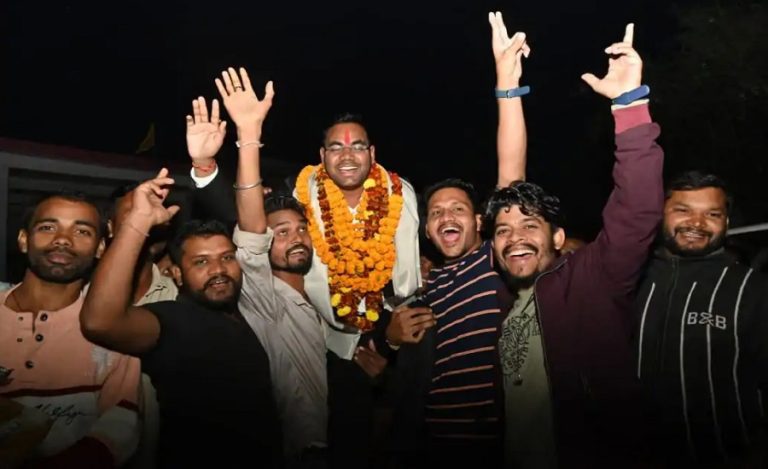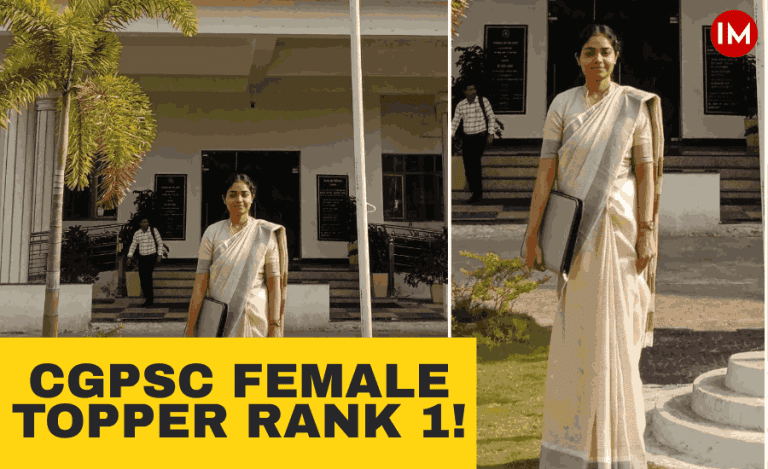When IAS officer Bharati Hollikeri got posted in Medak district of Telangana as the Collector, one of her first interventions was tackling malnutrition on a war footing. She realised that malnutrition was playing with the lives of both mothers and young children. In fact, it was one of the main reasons behind the mortality of children under five years of age. It mostly happens when a woman fails to get proper nutrition during her pregnancy and lactating period. This has a direct bearing on the health of the newborn.
Ms. Hollikeri promptly identified this problem and flagged it as one of the most urgent interventions and ensured that each pregnant or lactating women got proper lunch every day, no matter where they were. She even made sure that those women who visited government health centres for check-up were provided meals by local anganwadis at the centre itself.
Currently posted as the Collector of Siddipet, Ms. Hollikeri believes that health is the biggest wealth one can possess, and if we want the children to be healthy, then we should take care of the mothers first.
PREGNANT WOMEN GOT LUNCH IN HEALTH CENTRES
Ms. Hollikeri had started of her civil service journey from Medak as the Sub-Collector. So, it was overwhelming for her when she again got posted there as the District Collector. It was like home coming for her. When the 2010-batch officer took charge of Medak, she first focused on the health of pregnant women.
As a first step, she and her team studied the nutrition taken by the pregnant women. They found out that most of them would skip lunch when they would visit Primary Health Centres (PHCs). Most of them live in villages and used to come to the town for check-ups. The process would take the whole day and often, they would go home starving. This was really affecting their health.
So, Ms. Hollikeri found out a unique idea of providing lunch in the PHCs itself. She connected the area anganwadis with the PHCs. The anganwadis would provide lunch to the pregnant and the lactating women in PHCs. This way the problem was solved without much financial burden on the government. The initiative was very successful and was appreciated at the state level as well.
MAKING THE DISTRICT OPEN DEFECATION FREE
Apart from the initiative on the health of women, Ms. Hollikeri also worked on the hygiene factor. She started an extensive` Open Defecation Free ‘programme in the district. This was a two-step programme. The first step entailed constructing more than 50,000 toilets in the entire district. The second one was to make people aware of the need to use these. She faced many problems during the process but didn’t give up and was successful in the end.
In an interview to media, Ms Holikeri had said that it was quite difficult to acquire land for the construction of toilets. But, eventually, she got the support of locals, and the toilets were constructed.

